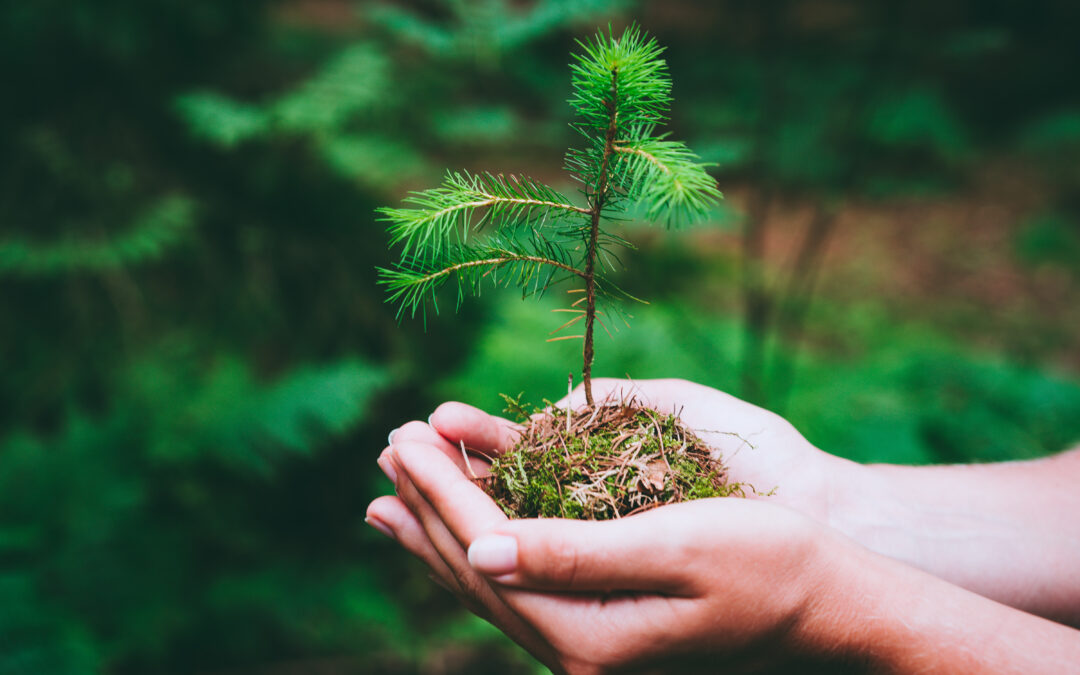Welcome to the world of organic gardening! Whether you’re a seasoned gardener or just starting out, there are many benefits to choosing an organic approach. In this post, we’ll cover everything you need to know to get started with your own organic garden.
Organic gardening is a method of growing plants without using synthetic fertilizers and pesticides. Instead, it relies on natural methods such as composting, crop rotation, and companion planting to keep plants healthy and free from pests. By choosing organic gardening, you can enjoy a variety of benefits including:

Healthier soil: Organic gardening focuses on building healthy soil, which in turn produces healthier plants.
Thank you for reading this post, don't forget to subscribe!
Reduced environmental impact: Synthetic chemicals used in traditional gardening can harm wildlife and contaminate water sources. Organic gardening reduces this impact by using natural materials instead.
Better taste: Many people report that food grown organically tastes better than conventionally grown produce.
Now that you understand the basics of organic gardening, let’s dive into how to get started.
Choosing the Right Plants and Seeds
The first step in any gardening project is selecting the right plants and seeds for your climate and growing conditions. Consider factors like sunlight, temperature, and rainfall when making your choices. You may also want to choose heirloom varieties, which are open-pollinated and often have superior flavor and nutrition compared to hybrid varieties.
Preparing Your Soil for Planting
Once you’ve selected your plants and seeds, it’s time to prepare your soil for planting. Organic gardeners rely on compost, manure, and other natural materials to build healthy soil. Mix these materials into your existing soil to create a rich, nutrient-dense environment for your plants to grow.
How to Water Your Garden
Watering your garden is essential for keeping your plants healthy and thriving. However, conventional watering practices can lead to overwatering and waste. Instead, consider using techniques like drip irrigation or mulching to conserve water and reduce evaporation.
Natural Pest Control Methods
One of the biggest challenges facing gardeners is dealing with pests. Rather than reaching for synthetic pesticides, try using natural methods like companion planting, handpicking, and natural predators to control pests. For example, marigolds are known to repel nematodes, while ladybugs love to feast on aphids.
Harvesting Your Crops
Finally, once your crops are ready to harvest, make sure to do so at the optimal time to ensure maximum freshness and flavor. Depending on the type of crop, you may need to pick them before they fully mature to prevent spoiling or loss due to weather conditions.
Maintaining Your Garden Throughout the Year
Even after your initial planting, maintaining your garden throughout the year is crucial to ensuring its success. This includes tasks like pruning, weeding, and adding additional compost and other amendments as needed. With proper care and attention, your organic garden will continue to flourish and provide you with delicious, healthy produce for years to come.




